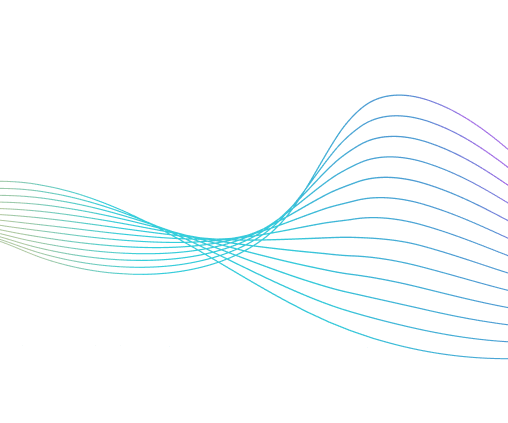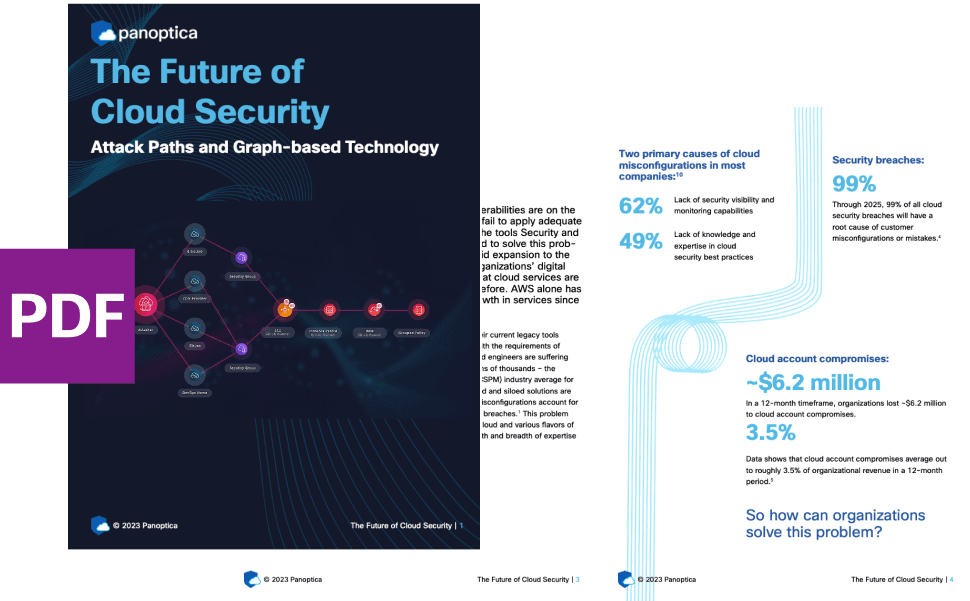Hello, my name is Gaoxiang Luo, and I'm a new graduate of the University of Minnesota - Twin Cities. I was fortunate to collaborate with Cisco Research during my undergrad study, and I joined Cisco as a research intern in the Federated Learning team.
Federated Learning (FL) involves training models collaboratively without sharing data, enjoying the benefit of preserving data privacy in domains such as personalized smartphone assistants and medicine. If you'd like to learn more about FL, there is an excellent read by Cisco Tech Blog titled, Democratizing Federated Learning. Before my time at Cisco, I'd studied distribution shifts (e.g., covariate shift, concept shift, etc.) posed by FL's setup for my undergrad research. As we were using real-world non-shareable medical images in our study, I was hoping there would be a secure and flexible FL system for research purposes such as supporting customized aggregation algorithms. That hope eventually motivates me to apply for this internship at Cisco Research. Aligning with the vision of the Cisco FL team, I'd like to build a scalable and easy-to-use FL system for AI/ML engineers because real-world deployment often helps to surface non-obvious research questions that wouldn't appear with simulated setups.
I would say my day one at Cisco started with my interviews, as it was a great learning experience for me to talk with Dr. Myungjin Lee (who later became my mentor) and Jayanth Srinivasa about the cutting-edge research that Cisco has been engaging. My mentor Myungjin once said, "I want you to feel proud of being part of this project along the road." He'd been very patient in assisting me on board with an existing project - Flame - which now has been open-sourced. He always provided me with options of research components and engineering work and always respected my choice of allocating my time on either. I was lucky to experience both the role of a software engineer and a researcher. Besides contributing to the open-sourced system, I accumulated two patents and one conference paper (in preparation) for my internship. In addition to the projects I am working on, Cisco Research invites researchers weekly from different research areas (e.g., machine learning, NLP, system, etc.) at various top-tier Universities to give internal research talks. Instead of reading arXiv papers on my own, I very much treasured these opportunities to learn about the latest research by attending research talks with visuals. Upon completion of my internship, I will join the University of Pennsylvania as a Ph.D. student in Computer and Information Science and continue my research career.
Finally, I consider Cisco a company that genuinely cares for the health of its employees. Although my internship has been remote, Cisco, through my mentor, helped me set up my workstation at home via its ergonomic program. Having received my intern swags, which consist of lots of outdoor gear, I found myself going out more often than staying home when off work. More importantly, I've made friends with all other Cisco interns through internal fitness challenges to keep one another accountable for working out! Click here to learn more about future internship opportunities with Cisco.





